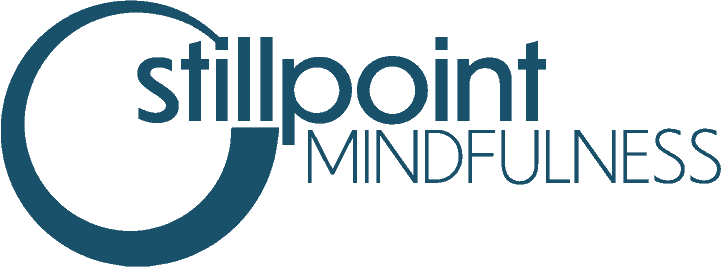Every 4 years (in a pandemic, 5), the Olympics come around to give us a camera-close-up view of sheer athleticism, determination, and grit. Last month, perhaps like many of you, I was enthralled by the Summer Olympics. And if they weren’t enough to stir a sense of awe and astonishment, the Tokyo Paralympics are running now through September 5.
I’m awed by witnessing athletes at the pinnacle of their prowess, building on years and years of dedication and hard work, overcoming countless obstacles, injuries, set-backs to put it all on the line and be judged by tenths of degrees of perfection. In competing, each Olympian and Paralympian defines resilience; they embody the courage to persevere.
This year, however, there was a new twist to the theme. We witnessed a case study in raw courage by one athlete who did NOT compete: Simone Biles. Coming off a vault in which she terrifyingly lost her sense of where she was in the air, she made the choice—extraordinary in it’s ground-breaking transparency—to acknowledge that she was struggling mentally. She stepped out of the majority of the competition to protect her own well-being and her teammates’ chances to medal.
She’s not the first athlete to name challenges with mental health. In withdrawing from the French Open this June, tennis great Naomi Osaka spoke openly about her experience with depression and anxiety. Swimming legend Michael Phelps has disclosed his struggles with depression and suicidal thoughts. Two-time Olympian gymnast Aly Raisman, along with numerous other gymnasts, spoke publicly about the devastating emotional impact of the sexual abuse perpetrated by the US Gymnastics team doctor, Larry Nasser (now in a lifetime jail sentence for criminal sexual conduct & other charges).
As a mental health counselor, it’s not surprising to me that highly trained, elite athletes might have challenges with mental and emotional health. Like the rest of us humans, they too experience difficult thoughts, emotions, physical sensations, not to mention personal and societal traumas, that can be devastating and challenging to learn to work with skillfully.
What does surprise me—and offers enormous hope and inspiration—is that they’re talking about it. Each time someone in a prominent position in the public eye speaks to the common human challenge of mental and emotional stress it erodes the myth that these challenges are ‘rare,’ ‘a sign of weakness,’ or ‘my fault.’ They offer an example of courage that transcends the gymnastics floor, tennis court, pool—and inspires change in our daily lives.
Headlines-grabbing as it is and deserves to be, this kind of courage is not new to me. I get to experience it each day in my counseling practice and mindfulness courses. Folks just like you and me show up to name our struggles, address root causes of the difficulties we experience, and learn skills to navigate more joyfully this path of being fully human. We turn toward what’s here—disappointments, losses, pain, fear—and discover that we’re larger than we think, larger than what we feel, larger than what happened to us. We learn we can tolerate what we most don’t want, and, in community, receiving the acceptance and care of others, we learn to accept and care for ourselves.
I don’t have to wait every four years for the Olympics and Paralympics to be inspired. I receive this gift in abundance from each of you: daily lessons in gold-medal courage.


Thank you Janet!❤️